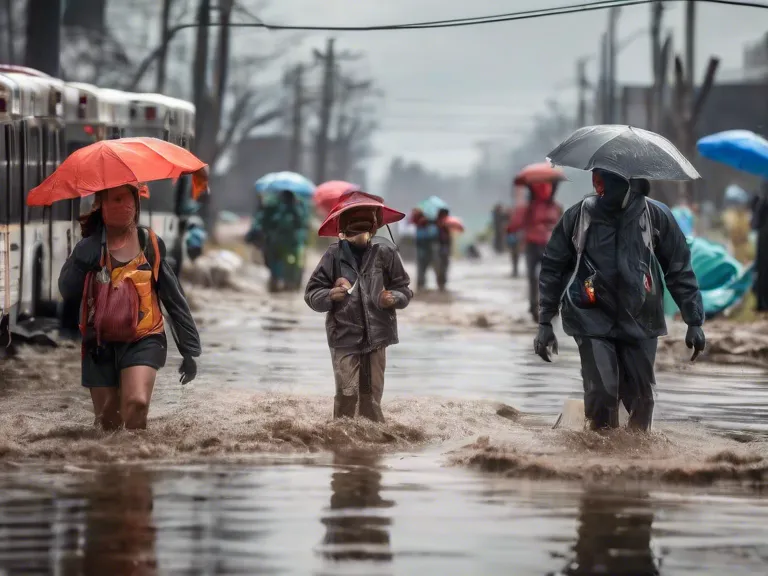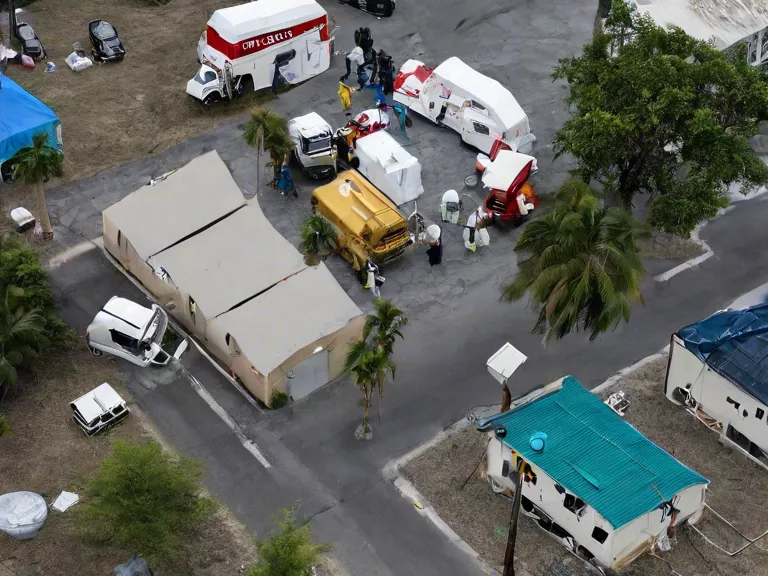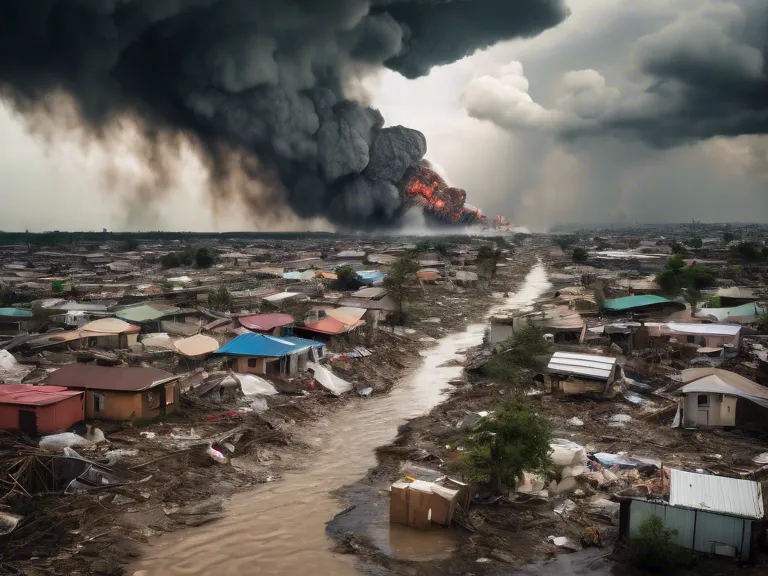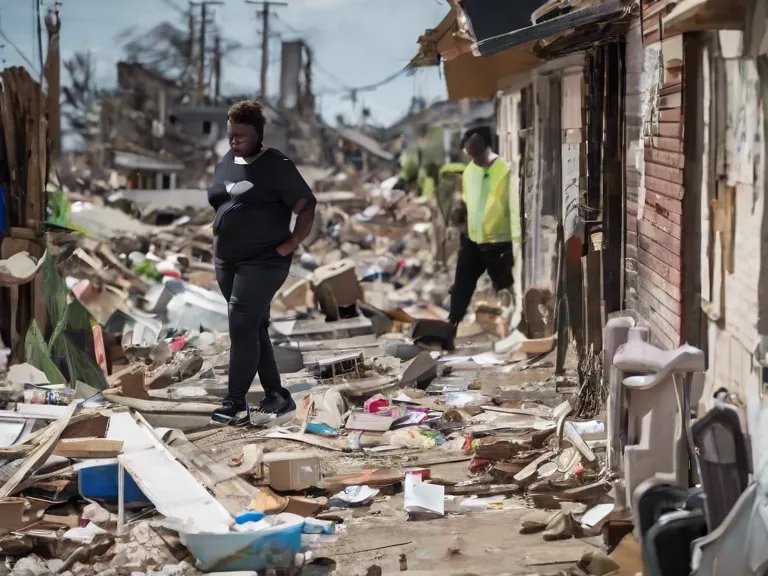
Climate change is not just an environmental issue; it also has a significant impact on public health and disaster preparedness. Rising global temperatures, changing weather patterns, and natural disasters all play a role in the health and safety of communities around the world. As we continue to experience the effects of climate change, it is crucial to understand how it affects public health and what steps can be taken to mitigate these risks.
One of the most pressing concerns related to climate change and public health is the increased frequency and intensity of natural disasters. As temperatures rise, so does the likelihood of extreme weather events such as hurricanes, floods, and droughts. These disasters can have a devastating impact on communities, causing injuries, displacements, and even loss of life. Additionally, they can disrupt healthcare services, making it difficult for people to access necessary medical care during and after a disaster.
Furthermore, climate change can also worsen air quality, increase the spread of vector-borne diseases, and impact food security. Poor air quality can lead to respiratory issues and exacerbate conditions such as asthma. Changing weather patterns can create environments conducive to the spread of diseases carried by mosquitoes and other vectors. Additionally, shifts in temperature and precipitation can affect crop production, leading to food shortages and malnutrition in vulnerable populations.
To address these challenges, it is essential to prioritize disaster preparedness and public health initiatives that take climate change into account. This includes investing in early warning systems, strengthening healthcare infrastructure, and implementing policies to reduce greenhouse gas emissions. By taking proactive measures to adapt to and mitigate the effects of climate change, communities can better protect public health and enhance their resilience to future disasters.
In conclusion, the impact of climate change on public health and disaster preparedness is a complex and multifaceted issue that requires a coordinated response from governments, organizations, and individuals. By recognizing the connections between climate change, health, and disasters, we can work towards creating a more resilient and sustainable future for all.



